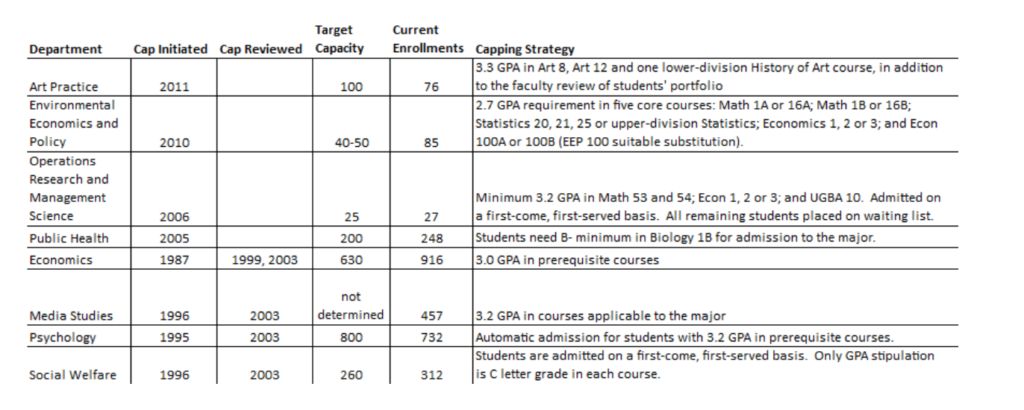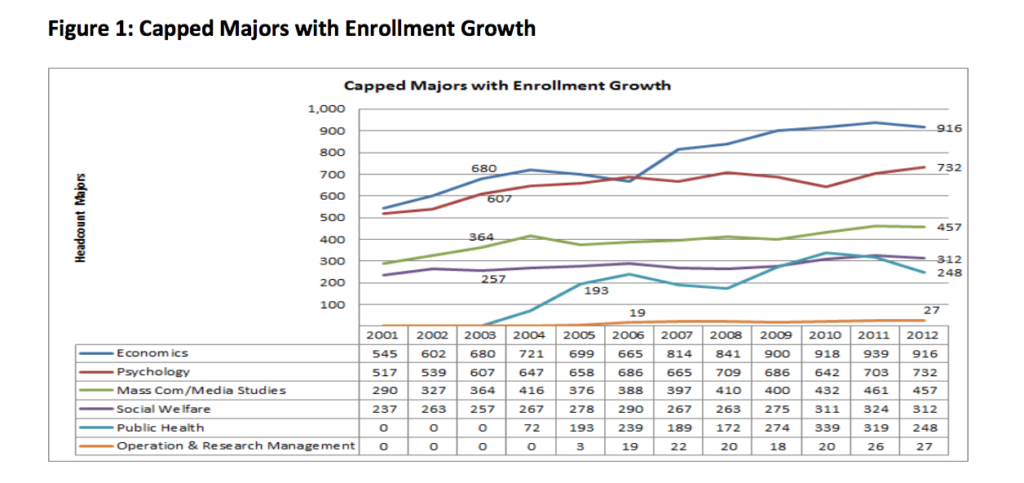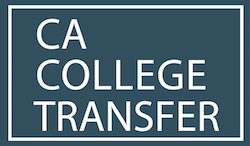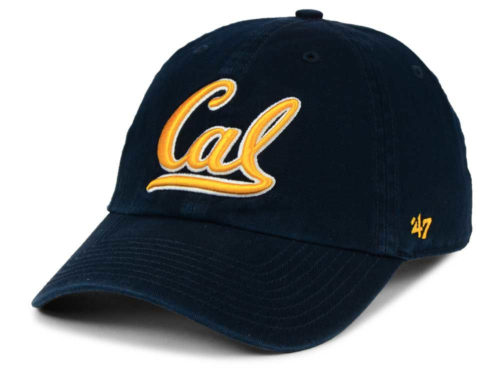Capped + Selective Majors by UC Campus 2018
I was asked if I could provide an updated capped major list by UC campus so here goes.
Keep in mind, a capped or selective major means there is limited space within the major and there are substantially more applicants than can be accommodated. As a result these majors are harder to get into.
But first, some background on the dilemma of over-subscribed majors.
How the UC determines admission to a selective major
(This summary is based on a Berkeley College of Letters and Science study* but can apply equally to all the UCs.)
Enrollment growth
Enrollment growth and pressure on over-subscribed programs has been an issue Berkeley’s L&S has grappled with for more than 30 years. A difficult balancing act has been required – one that protects the student’s right of access to academic programs of their choice while responding to demand which exceeds capacity.
Previously, a range of options for controlling growth were considered – random selection, increasing prerequisites, unit restrictions, and adding minor programs. These were rejected for a variety of reasons, including general unfairness, their potential for placing additional burden on already overburdened lower division feeder courses and their impact on a student’s ability to plan ahead.
GPA minimums in major prerequisites
Ultimately, the committee viewed the most equitable way of restricting access to impacted programs was GPA minimums in major prerequisites, and the majority of programs with caps in place involve GPA restrictions. This acts to control growth more like a spigot than a hard shut-off valve, but allows students to know their chances outright.
UC Berkeley’s 8 capped majors in L&S with GPA restrictions
(note, these are not all the capped majors at Berkeley, just the ones in the College of Letters and Science)

Capped majors continue to grow
Despite these explicitly stated caps and attempts to carefully adhere to capacity restrictions, enrollments in the majority of these majors continues to grow, in some cases significantly. This has been especially problematic since state funding continues to decline.
Of the eight currently capped Berkeley majors, six have had significant to moderate enrollment growth. Economics, Psychology and Media Studies have had the most significant increases, with Econ nearly doubling in the last decade despite the cap.

How capped majors affect other majors
An adjustment to the cap in one major will undoubtedly affect enrollment patterns in majors with related pre-requisites. Students needing to redirect when denied from an impacted major must apply the prerequisites for that major to another and, as a result, small groups of majors with linked pre-requisites are affected. These majors have been responsible for the majority of growth in each of the L&S Divisions.
Moving forward
Capping Limits–
In response to enrollment growth, departments are likely to request additionally-restrictive GPA caps. However, while using more severe caps may relieve pressure on a single major it will undoubtedly disperse students to other increasingly overloaded majors, creating additional problems in the long run.
Hybrid majors –
Given the patterns of student interest (Business/Economics; Biological/Health Science; Interdisciplinary/Global/International) a possible response to demand would be the development of “hybrid” majors which are designed around shared curriculums. This would allow better sharing of teaching resources through coordinated curriculum planning with the goal that hybrid contributors offer fewer total courses to a major. Hybrid majors could save resources in the long run while serving large numbers of students.
Capped/selective majors by campus
Now that you have an understanding of the capped major dilemma, you can search this list by campus.
–> To find the admitted GPA range and admit rate by major for transfers, go here.
Berkeley
Art Practice; Biological Sciences; Cognitive Science; Computer Science;Economics; Environmental Economics and Policy; Media Studies; Operations Research and Management Systems; Political Economy; Psychology; Public Health; Social Welfare; Statistics, Engineering
UCLA
Biochemistry; Biology; Business Econ; Communication Studies; Ecology, Behavior and Evolution; Economics; English; Global Studies; Human Biology and Society; International Development Studies; Marine Biology; Micro-Biology, Immunology, Molecular Genetics; Neuroscience; Nursing; Political Science; Psychobiology; Psychology; Sociology
San Diego
Biological Sciences; Data Science; Economics; Math; Physics; Public Health; Engineering
Davis
Biological Sciences; Engineering; Biotechnology; Landscape Architecture; Viticulture and Enology; Managerial Econ; Computer Science; Psychology; Fall 2020 and later: Applied Physics; Math; Pharmaceutical Chemistry; Physics; Fall 2021 and later: Economics
Irvine
Business; Nursing
Santa Barbara
Chemistry; Chemical Engineering; Computer Science; Electrical and Computer Engineering; Communications; Ecology, Evolution and Marine Biology; Economics; English; Environmental Studies; Global Studies; History; Molecular, Cellular, Developmental Biology; Political Science; Psychology; Sociology
Santa Cruz
Biological Sciences; Chemistry and Biochemistry; Economics; Environmental Studies; Physics; Psychology; Sociology
Riverside
Global Studies; History and related; Media and Cultural Studies; Neuroscience; Biological/Biomedical sciences ; Psychology, Psychology/Law and Society; Public Policy; Sociology and related; Business Administration; Engineering
Merced
data not found
I have a previous post that includes not only selective/capped majors as designated by the UCs, but also majors not considered capped, but nonetheless quite hard to get into based on admit rate. You can contrast and compare here.
*Berkeley capped major analysis: https://opa.berkeley.edu/sites/default/files/CappedMajorAnalysis.pdf



What is the GPA for Genetics Major and I am a transfer student from Solano Community college?
Dennis Mihelich
Email mihelichdennis5@gmail.com
PH 7073598424